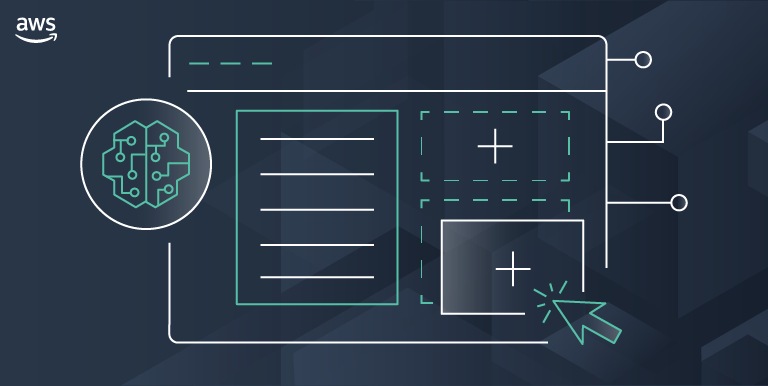Appian is one of the early entrants in the low-code application development space. Recently, the US company launched a new version of its low-code automation platform for businesses looking to develop quick applications.
With over two decades of experience in the enterprise technology landscape, Appian has helped businesses in digital process automation (DPA), intelligent business process management systems (iBMS) and dynamic case management (DCM), among others,
Interestingly, the launch of its new low-code automation comes when enterprises are looking for quick solutions to deploy AI-powered applications and smooth workflow automation across departments with limited resources and agile processes.
Today, low-code, no-code technology platforms have emerged as a go-to model for businesses. Several players, including Appian, Microsoft, Amazon, Pega, and ServiceNow are working on products and ideas to ease the burden for enterprises.
In India, companies like Infosys, HCL Technologies and Tech Mahindra, alongside various startups, are also working on this technology.
“This is the time for low-code automation platforms,” said Matt Calkins, Appian founder and CEO. “We have just started a new decade, but low-code is how applications are built in the future. It’s inevitable,” said Calkins.
A cloud-based, no-code application development platform Quixy’s CEO Gautam Nimmagadda told AIM that no-code would allow more companies to participate in software development, allowing professional developers to focus on advanced and specialised areas.
According to Gartner, low code platforms will account for over 65% of application development by 2024. In the next three years, 75% of large businesses will employ at least four low-code tools for IT application development.
What’s new?
Appian’s USP is its ability to manage business outcomes and process orchestration of hybrid operations. Its model-driven app development platform allows anyone with limited or no coding experience to build process-centric and case-centric applications, effortlessly.
With its latest launch, Appian claimed to offer enhanced AI-driven intelligent document processing (IDP), new design guidance and collaboration features, along with advanced DevSecOps capabilities.
More than anything, the platform provides a single workflow for automation, team orchestration, existing systems, data, bots and more.
Appian claimed the new platform could deliver a project (for example, a company’s first app) in just eight weeks for $200k.
“We were able to build the first Appian RPA process in just four days, integrating with our people processes and Appian AI,” said Matt Richard, CIO at Laborers International Union of North America (LiUNA).
The new features in Appian’s low-code automation platform include:
- Low-code data: Helps integrate data as easy as building apps. With this, a developer can source data from anywhere without migrating it. The platform visually combines and extends the model relationships between varied data sources automatically and optimises data sets for performance without database programming.
- Intelligent document processing (IDP): Delivers massive efficiency by processing large volumes of unstructured data. In addition to this, it now features native optical character recognition (OCR) to extract data from documents without third-party software or services securely. Also, IDP can eliminate manual processing in any workflow with the help of native, pre-trained and constantly learning AI models.
- Low-code RPA (robotic process automation): Manages and monitors Appian bots, third-party bots and end-to-end processes to increase performance and scale. With the help of the new low-code RPA, the enterprise can now automate tasks much faster and access new libraries and updates from the Appian AppMarket.
- Low-code apps: Boosts developer productivity and lets organisations build and automate 10x faster through visual development (which is as simple as drawing a flowchart).
- Low-code DevSecOps: Enhances simplified movement of software packages between development, test and production workflow with a one-click comparison feature to scale the deployment securely.
Wrapping up
Recently, Appian was named in a 2021 Gartner Peer Insights Customers Choice report for enterprise low-code application platforms. The University of Texas at Dallas included the Appian low-code automation platform into the core curriculum of its new intelligent automation course. Also, HP Hood deployed its workforce safety solution with vaccination insights.
Last year, the company acquired robotic process automation (RPA) firm Novayre Solutions for an undisclosed amount. In the first quarter of 2021, Appian’s cloud-subscription revenue increased by 38% year-on-year to $39.1 million. Its subscriptions revenue grew 26% year-on-year to $63.8 million.


















































































